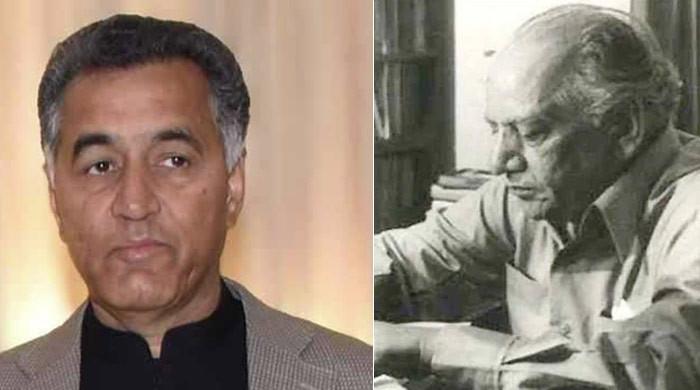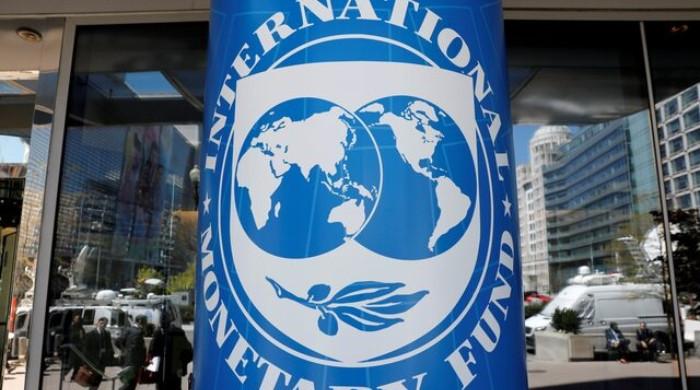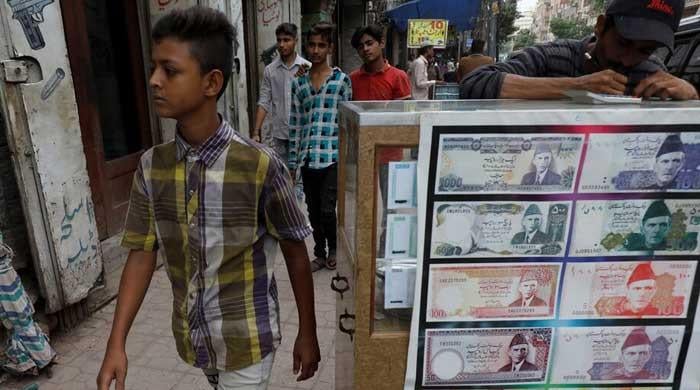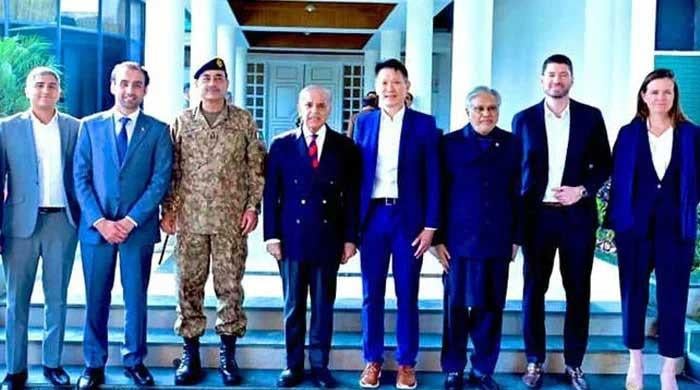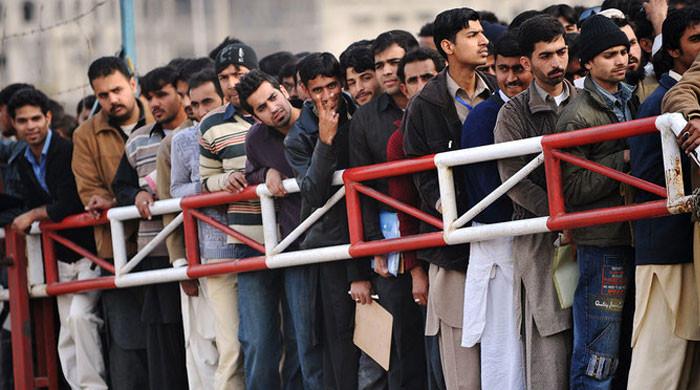The non-journalists on our screens
In journalism the most important principle is, “get the news first, but get it right.”
November 23, 2017
Today, we live in the era of fake news, or as some call it, post-truth. Fake news is exploitative, misleading and dangerous, as the world learned during the Iraq war. Post 9/11, major US media outlets aided and abetted the Bush administration by magnifying its claim that Saddam Hussein had access to weapons of mass destruction. The charge was false. In 2004, the renowned New York Times was forced to apologize. In an editor’s note, it stated that perhaps its editors were “too intent on rushing scoops into the paper” and that it’s reporting “was not as rigorous as it should have been.” But it was too late for apologies. More than 100,000 Iraqis died due to the war.
That was one of the greatest media failures of our times. No one has damaged the profession of journalism as much as journalists.
People today have a little less faith in what they read and what they hear on their television screens. And can you blame them?
Critics say, in Pakistan at least, there has been a large induction of “non-journalists” on media platforms, who arrive with a set narrative to peddle.
Filed news reports are rarely rechecked, verified or put through an editorial-board review. Even if they are, the sitting editors have little experience to make a sound judgment. Then, there are editorial policies, which fluctuate with changing times. In the race for eyes balls, a story that sells in the market - no matter how weak - will make it on to the screen.
This is troubling. In Pakistan, television talk-show hosts command prime time slots. Their opinions carry weight. So much so that former President Asif Ali Zardari has often referred to anchors as “political actors”. The appeal is such that politicians have also started appearing on TV stations as hosts, while some anchors are deliberating on joining politics.
Yet, despite the power, there is little responsibility on the media’s part. It has now become a habit for analysts to predict the fall of the government at every turn of events. Views, no matter how ill-informed, are taken as news.
If you browse through talks shows between 2008-2016, you may run out of paper listing down all the reports that had faulty premises. To name a few, there was the story about the death of Sarabjit Singh, the Indian spy, then there was one about a special plane waiting to take Zardari to Dubai, and also about Pakistan’s willingness to send troops to Yemen.
News should be presented as a First Information Report (FIR), based on facts and the order of events. All views and opinions should be reserved for the section that features opinion, editorial and blogs. Otherwise, such practices will undermine the trust in journalism on which all democratic societies depend.
Reporters and state authorities will have to view each other as adversaries. We are not in the profession to provide concessions and favours. Our profession should not be used as a ladder to secure political or government portfolios.
The other problem is social media. News filtering in from social networking platforms makes it to the mainstream media. This, in turn, gives such platforms credibility and importance. Videos, audio files and doctored government memos are circulated until they are picked up by news anchors as legitimate news items without fact-checking.
Unfortunately, owners of media outlets are more concerned about ratings of a program rather than authenticity and investigative work.
Today's media is “anchor driven”. These anchors believe that there is nothing wrong in taking sides and propagating for a political party or institution. It is a wholly different matter to take a position on corruption, terrorism or dictatorship. But political matters need factual reporting, no matter the risk.
There is simple principle all aspiring journalists can follow, “get the news first, but get it right.”
- Abbas is a senior columnist and analyst of Geo, The News and Jang. He tweets @MazharAbbasGEO
Note: The views expressed are those of the author, and do not necessarily reflect the official policy or position of Geo News or the Jang Group.




